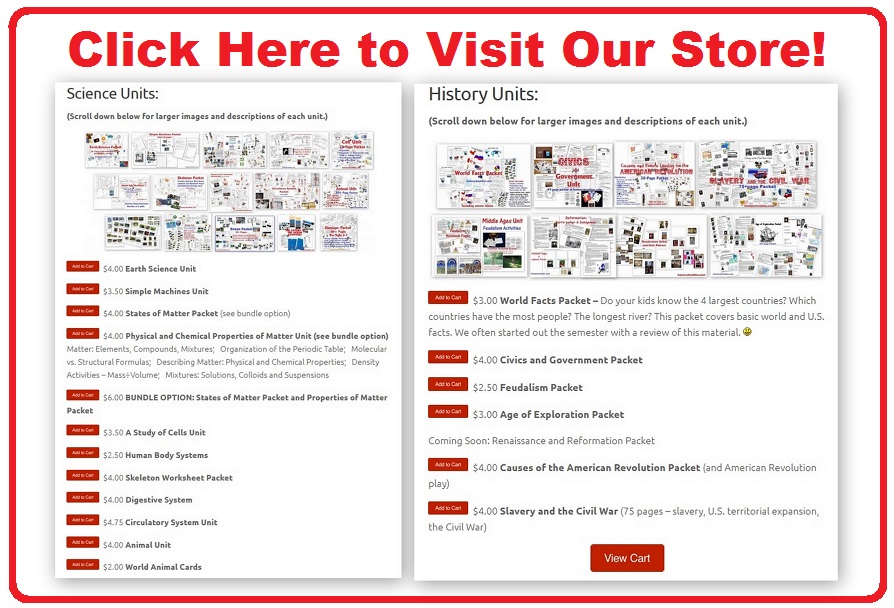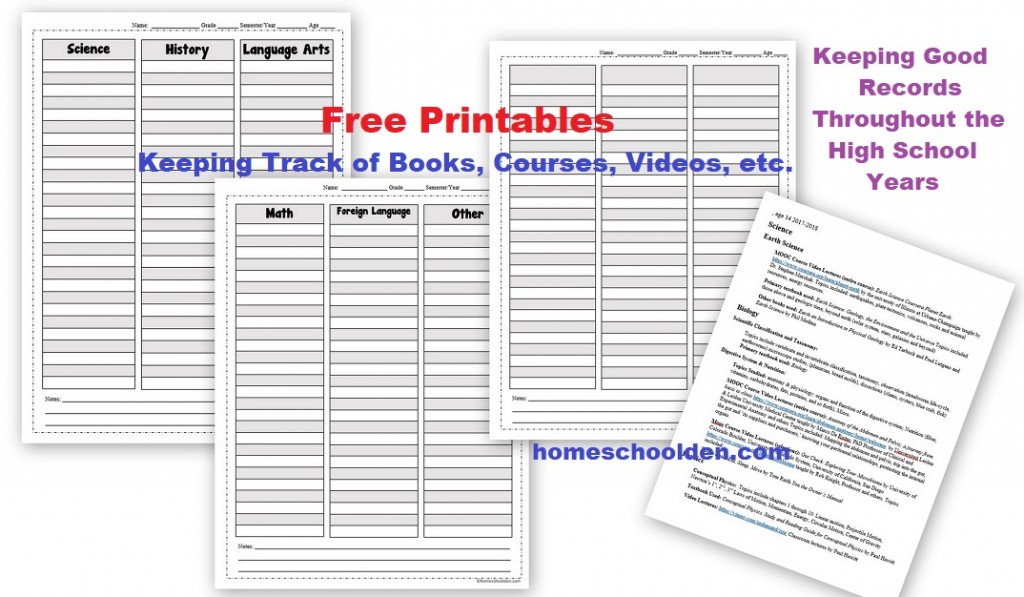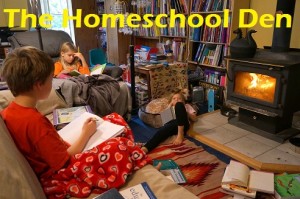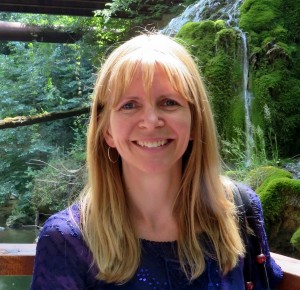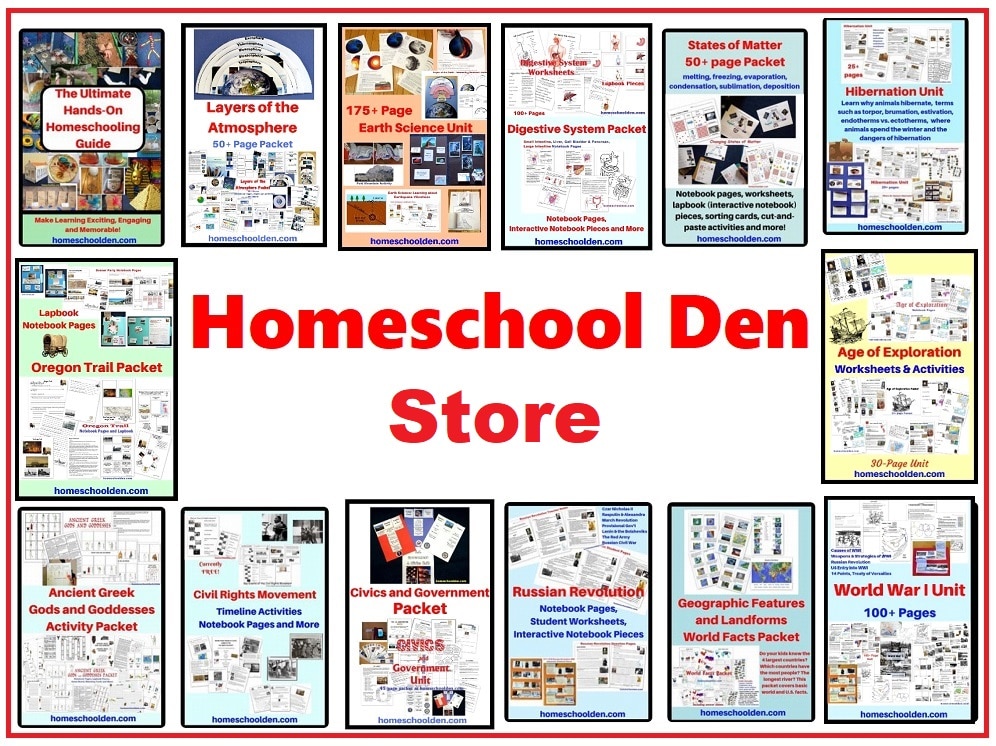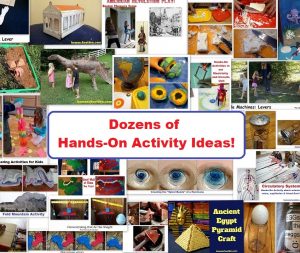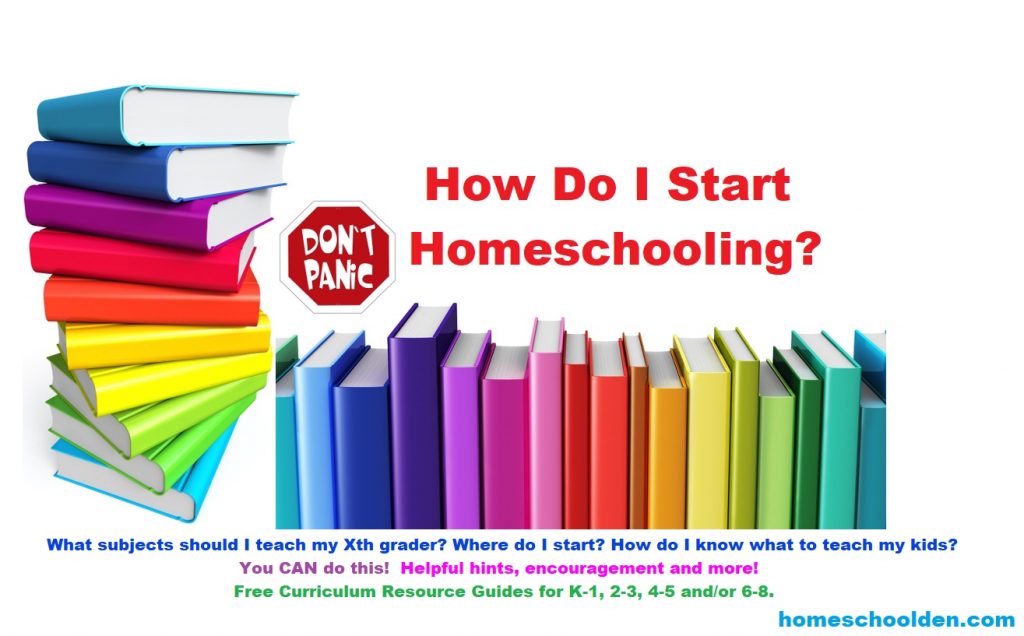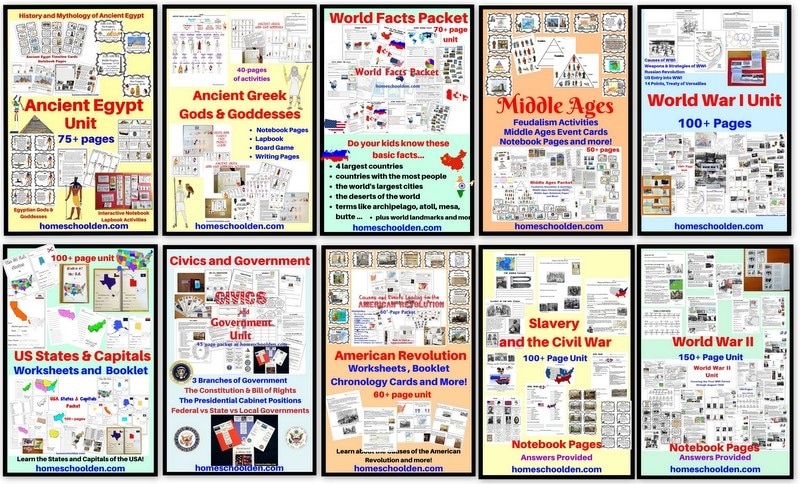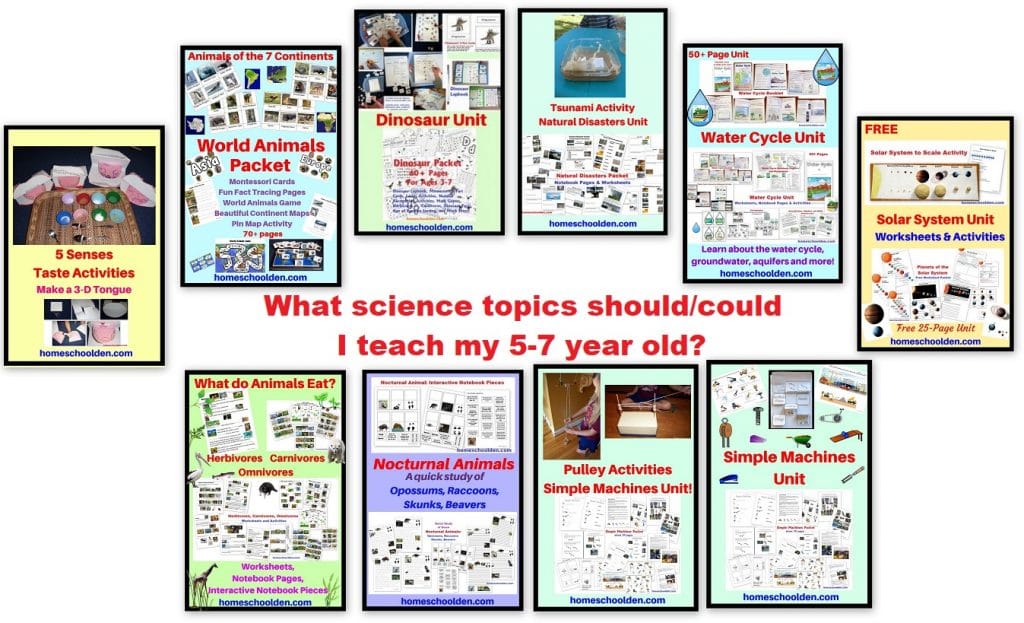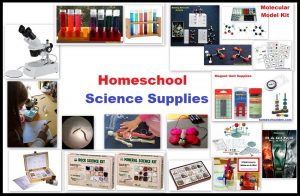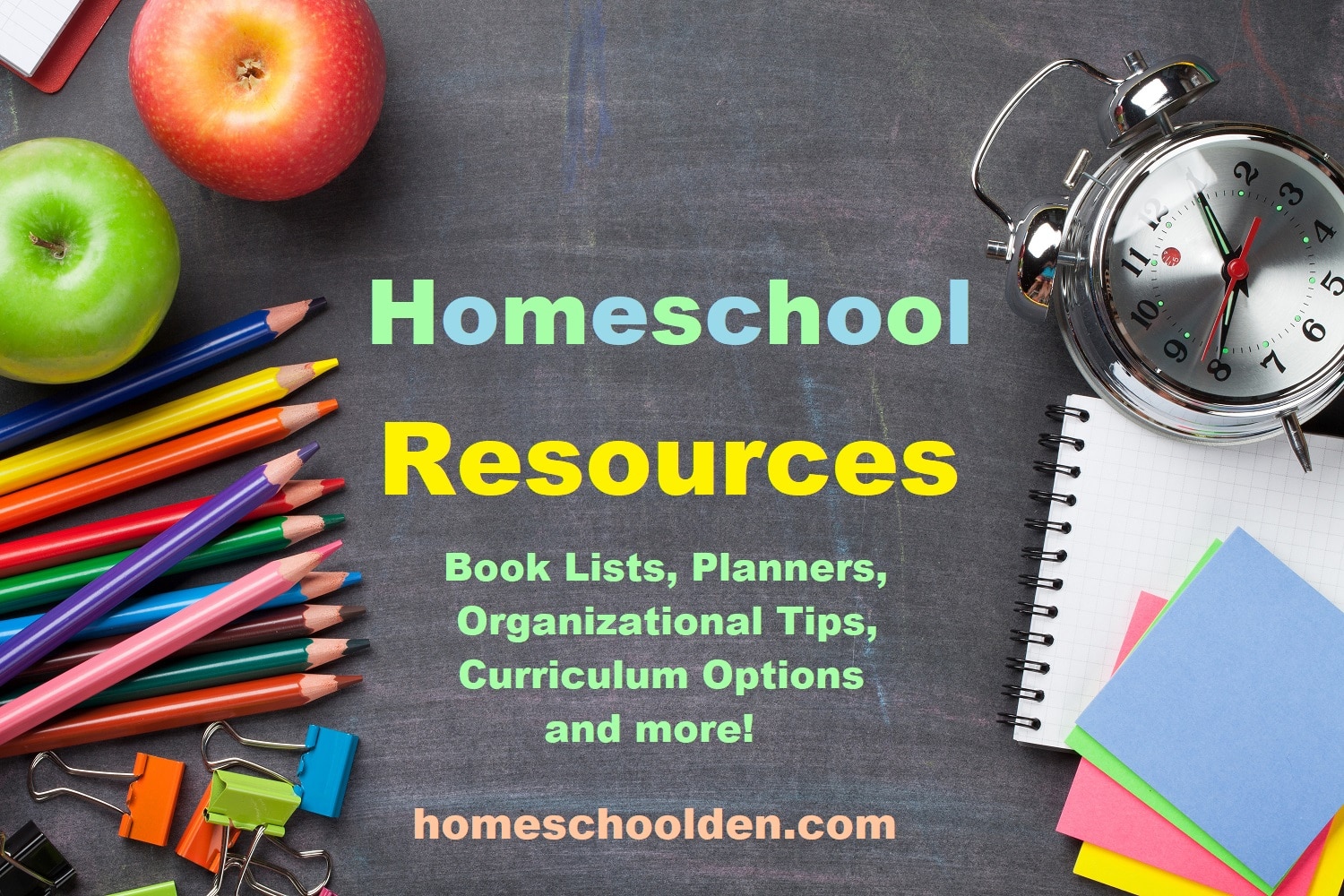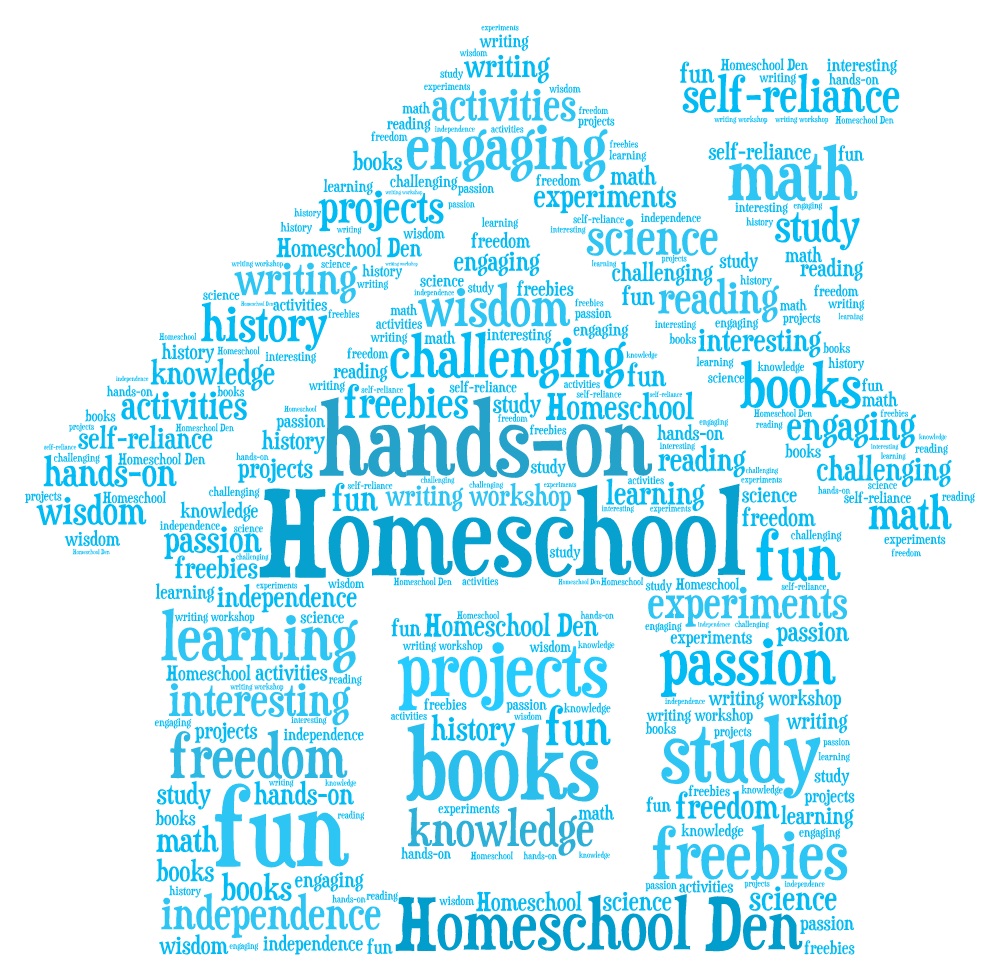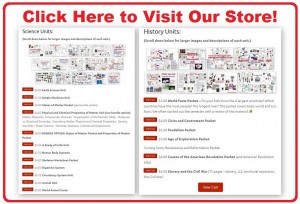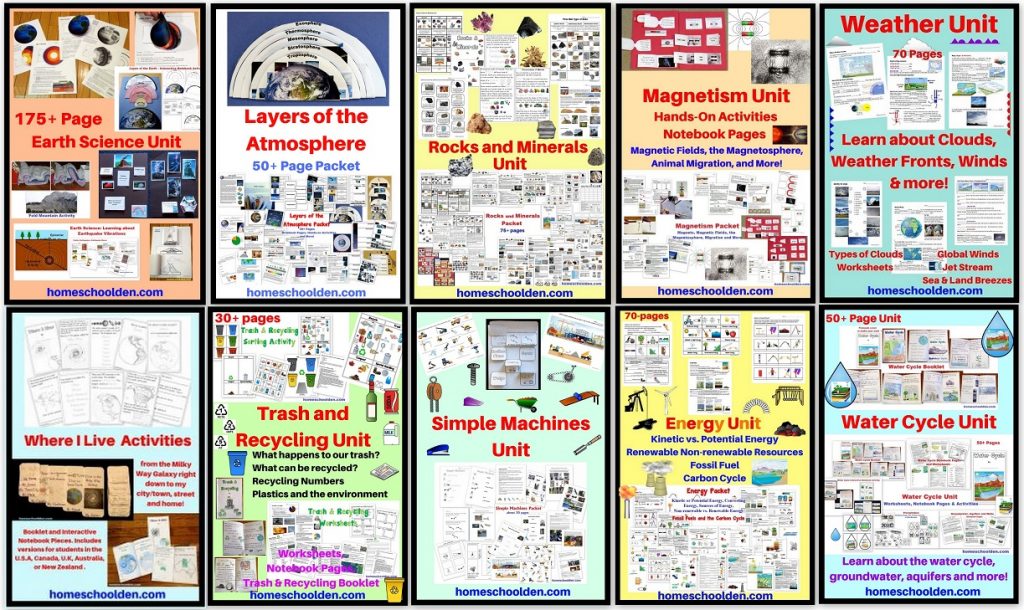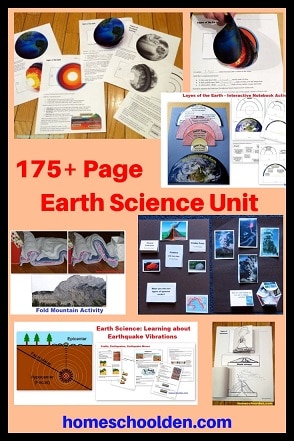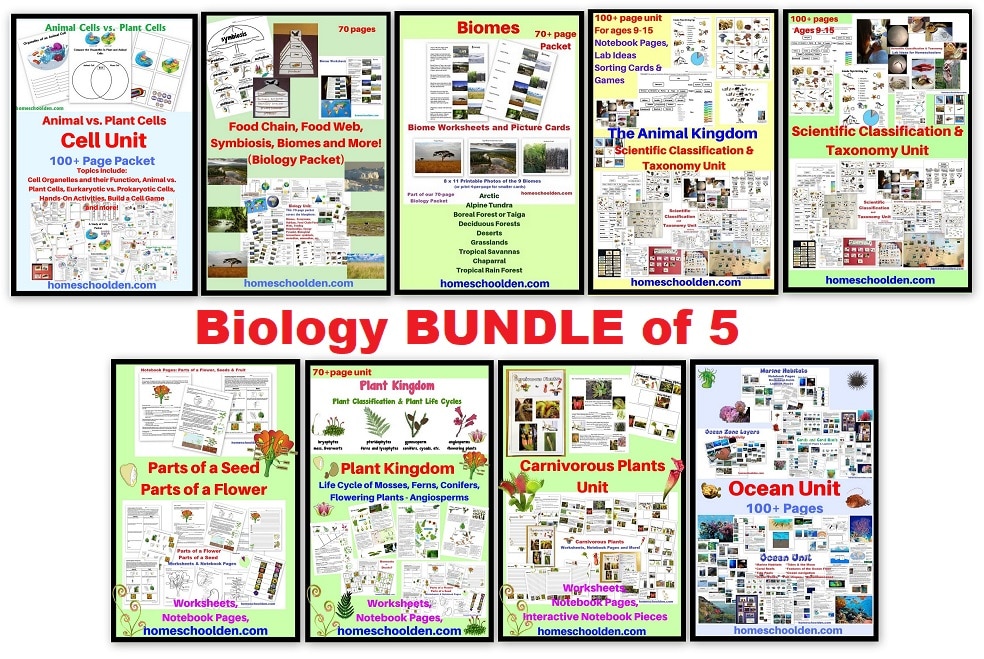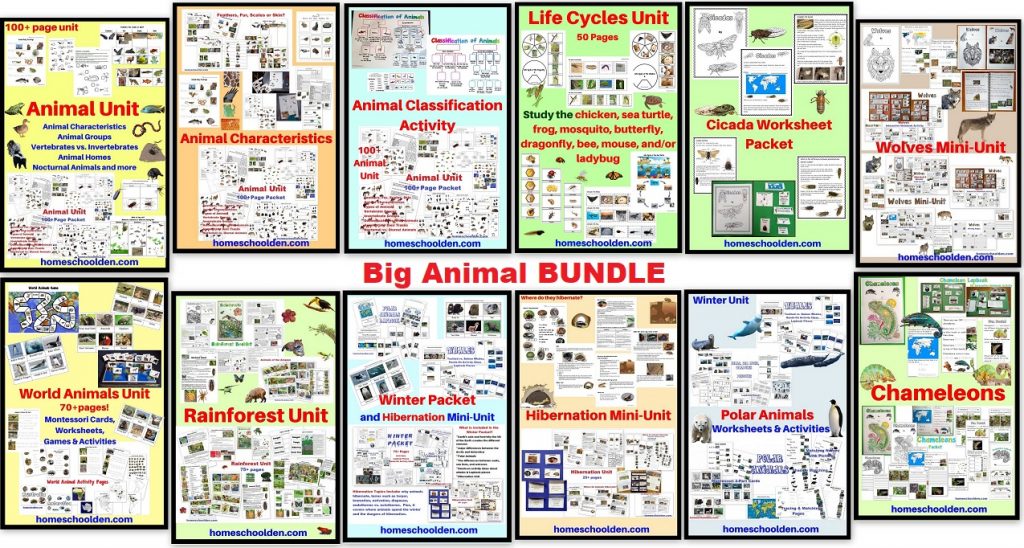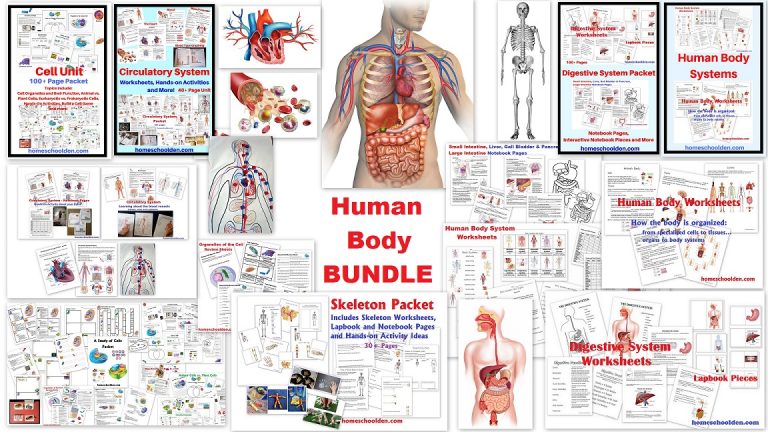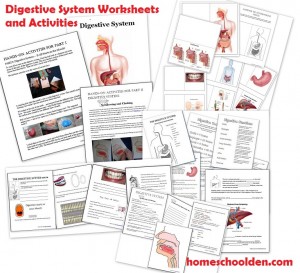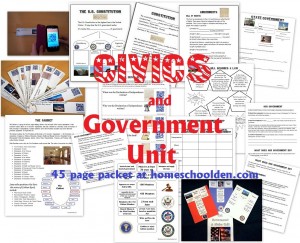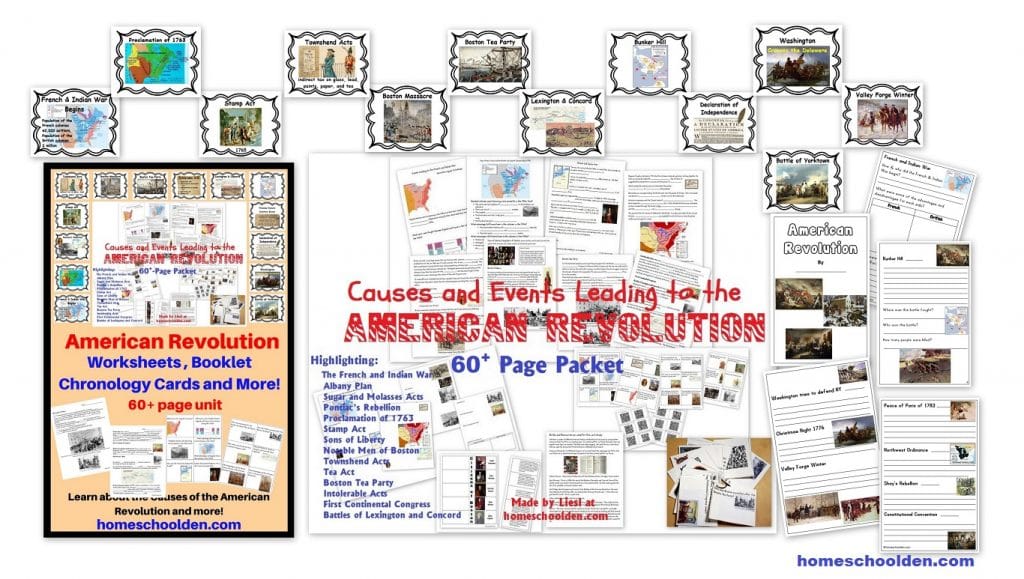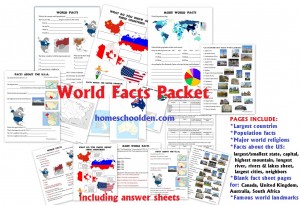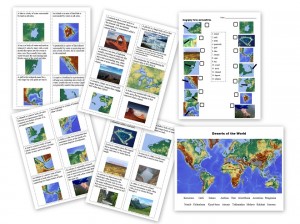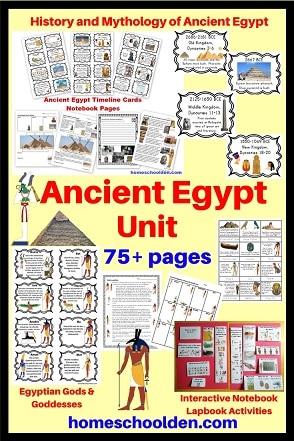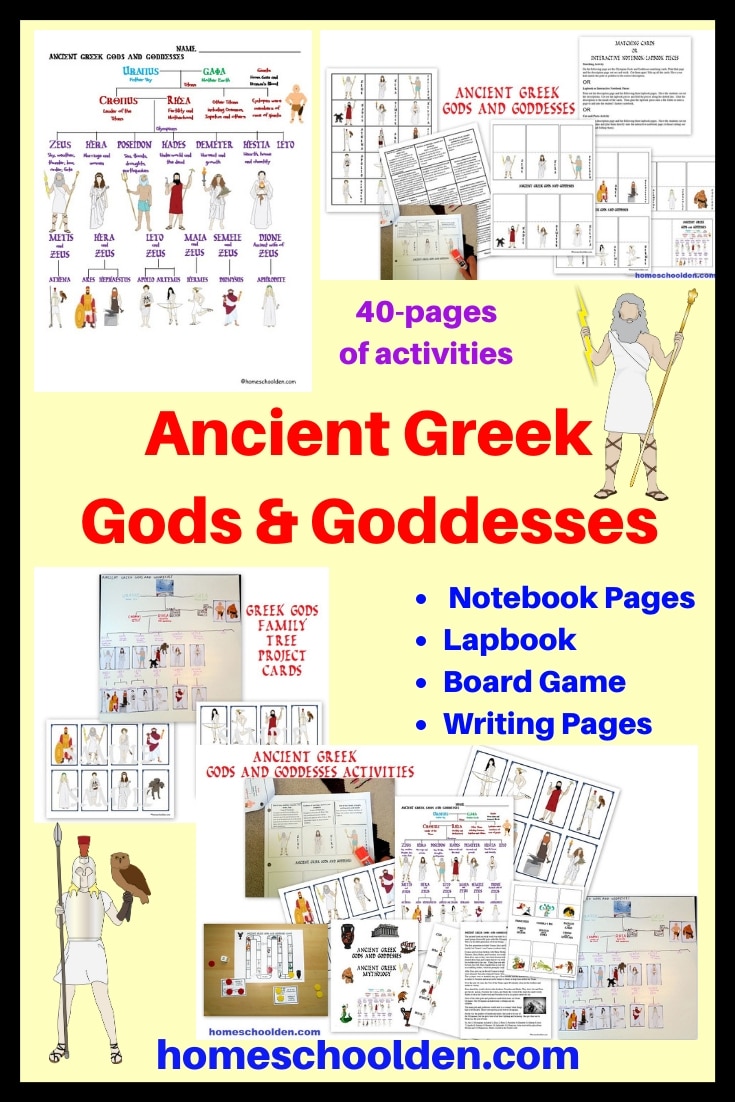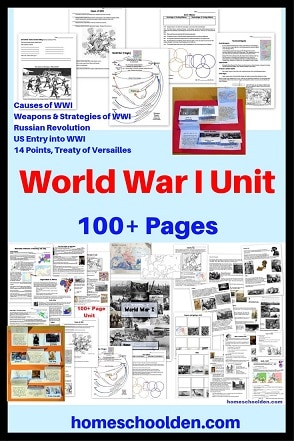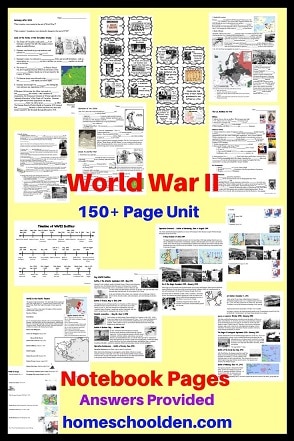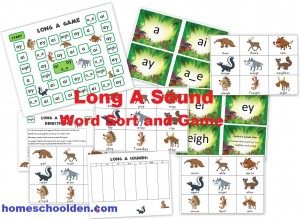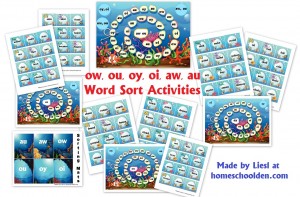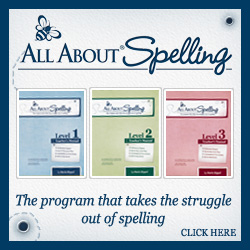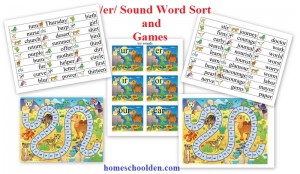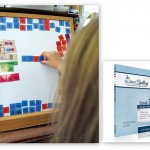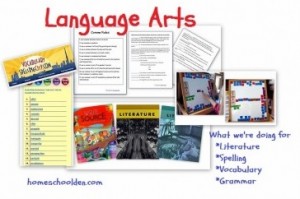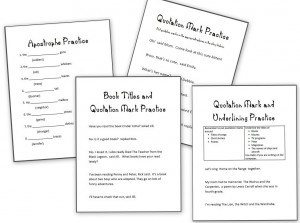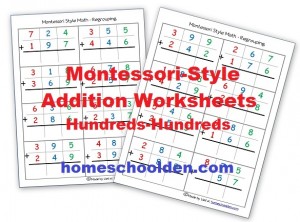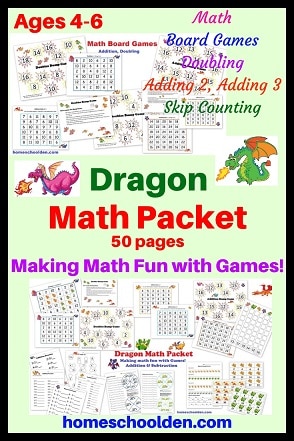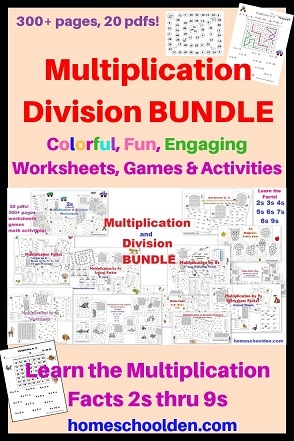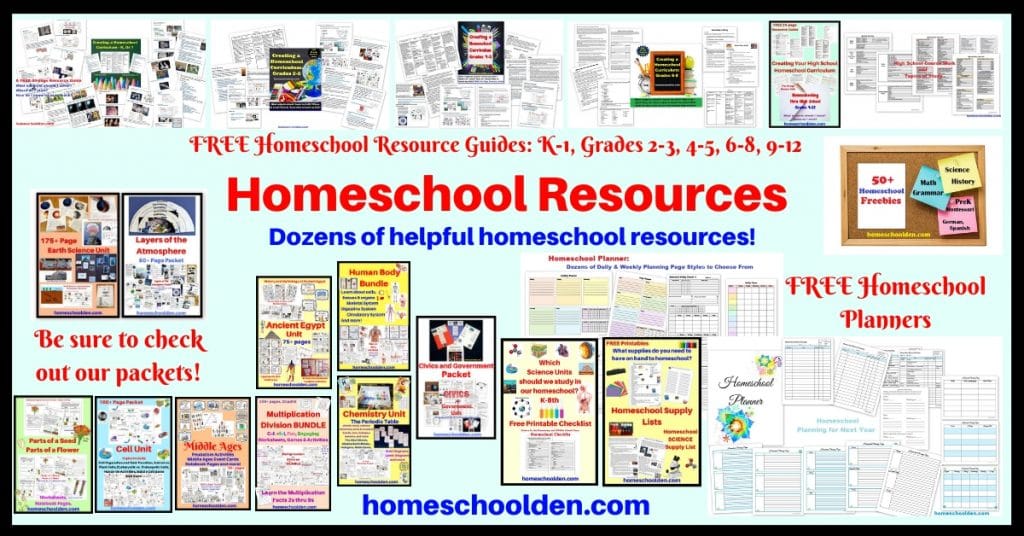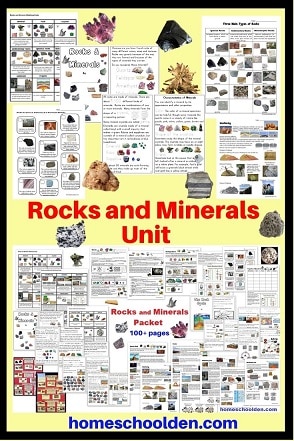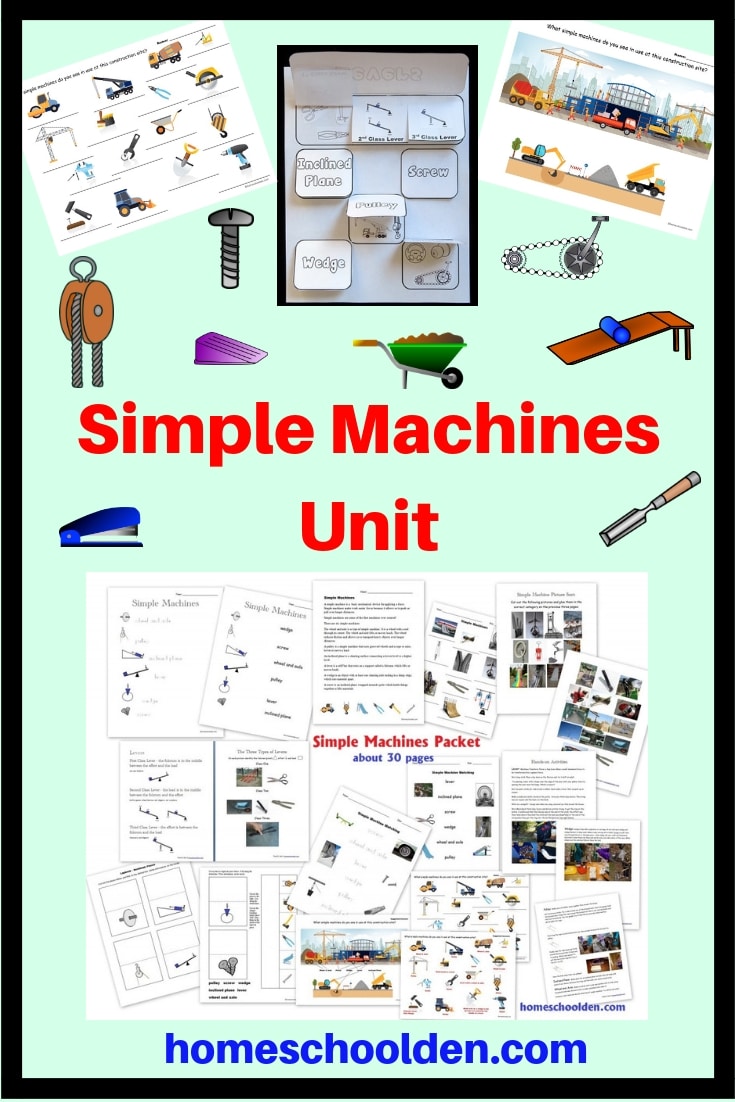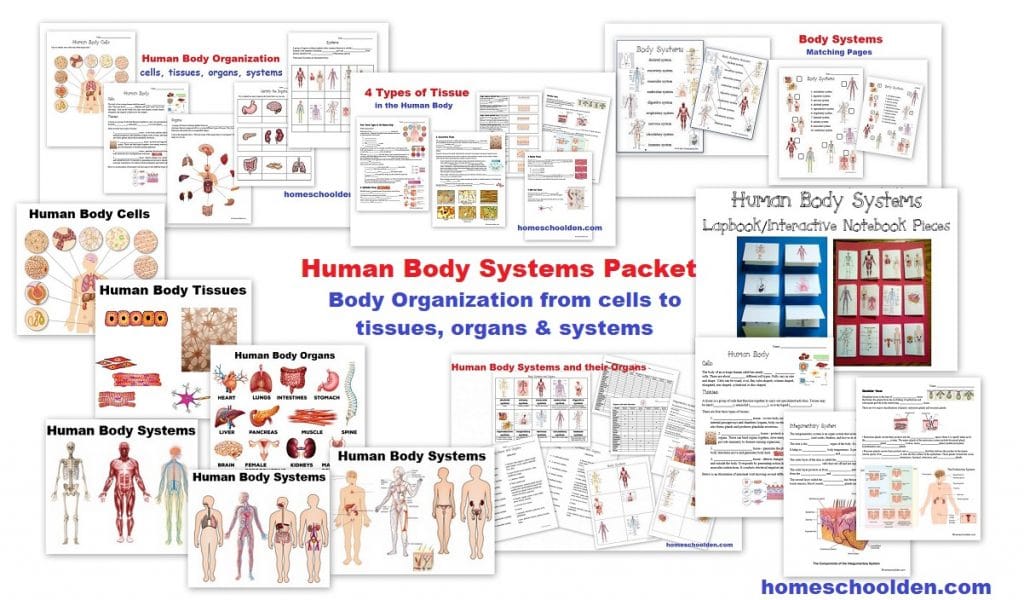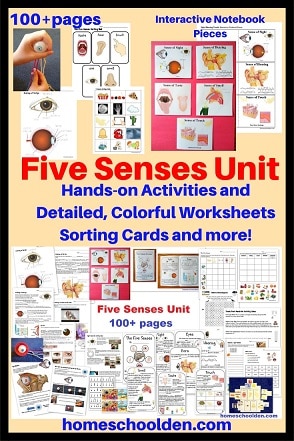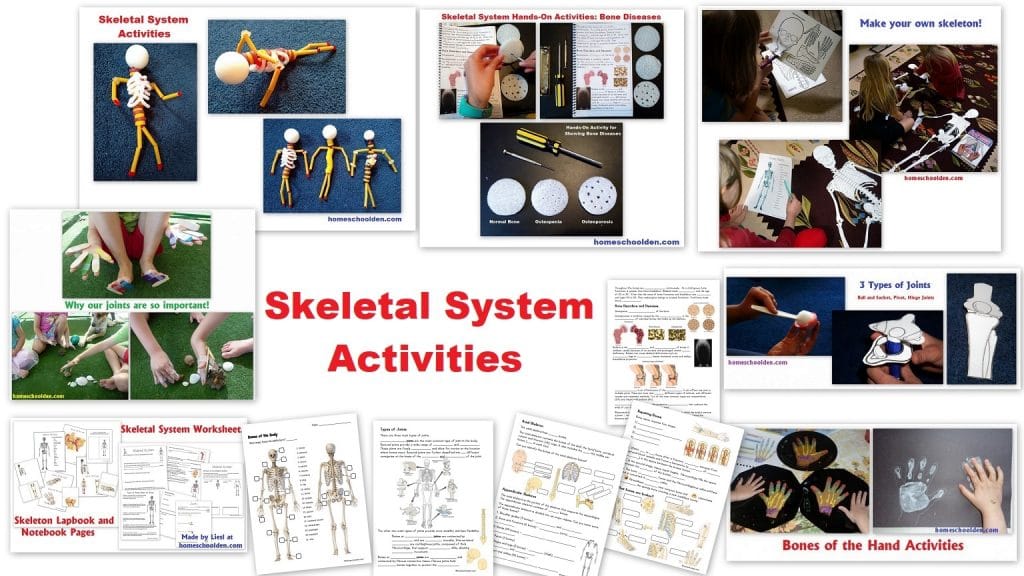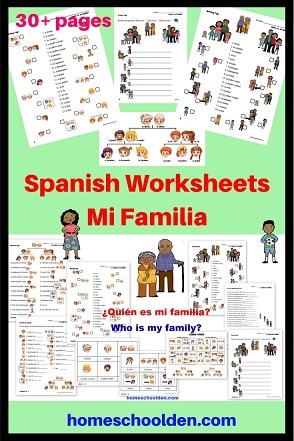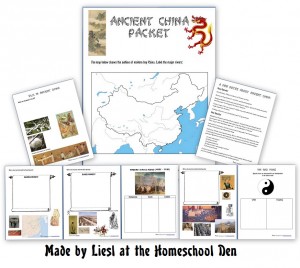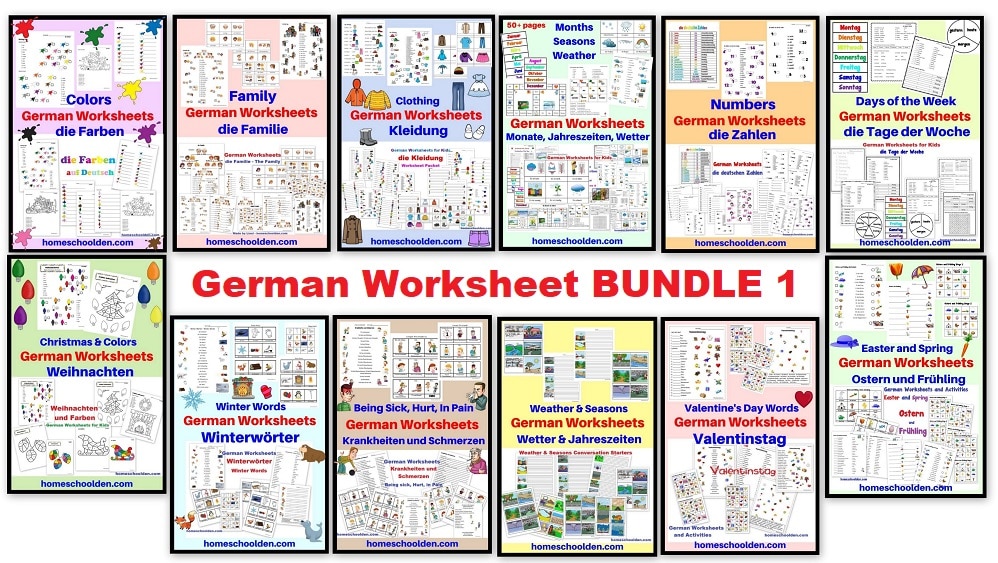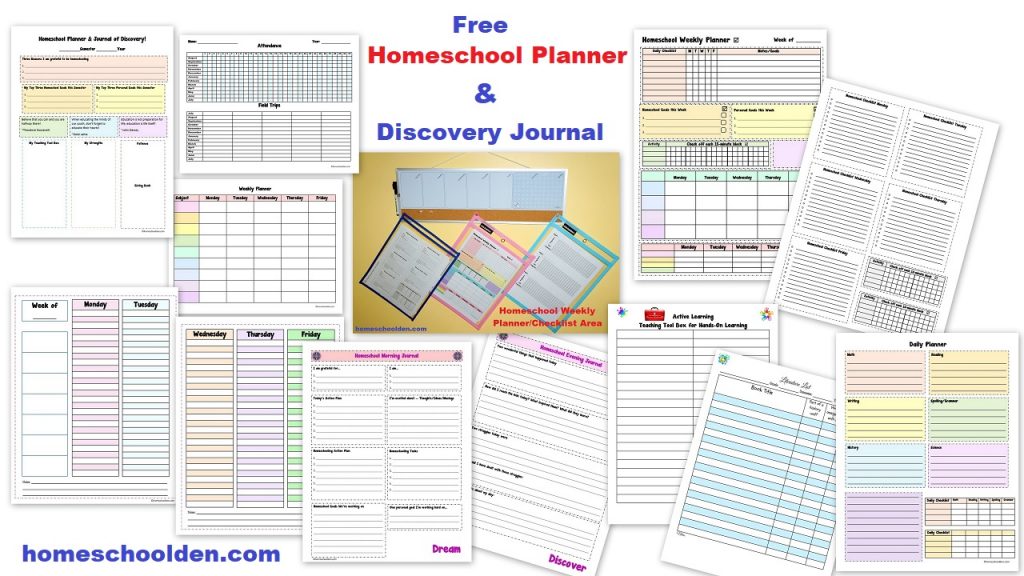Keeping Track of It All (Keeping Good Records Throughout High School)
I’ve been having long conversations with my Sis about high school (homeschool) transcripts and the college application process. Her family (like ours) has also homeschooled right from the start, but my nieces and nephew are a bit older than my kids. My niece is now a junior in college and over the weekend, my Sis and my nephew were polishing up his college applications to get them submitted.
I asked my Sis to share some of the materials/transcripts she’s put together for her two (of 3) kids. I’ve gotten a really good glimpse about what the college application process will be like.
I really enjoyed reading through my sister’s narrative accounts of their homeschool journey. (They were asked to supply a narrative account, re: homeschooling activities and college preparedness.) That was their opportunity to talk about what the homeschool lifestyle looked like for their family.
It has made me think hard about the kinds of things that will be included in my kids’ (future) college applications and to make sure I’m keeping track not only of books we use, but also those incidentals… lectures we attend, concerts we attend, trips we take, plays the kids attend, places we visit, and so forth. Again, I’m happy to be thinking about this at the beginning of our high school years, so I don’t have to try to reconstruct all this after the fact!
Those conversations got me off my duff and inspired me to jot down some notes mid-year (for my 9th grader). I wanted to make sure that I was keeping track of my 9th grade son’s books, courses, materials as well as those other extras. As I often do, I have both a paper copy and a copy online. (I often jot things on paper and then type them in when I have time.) I use both and try to keep both reasonably up-to-date.
What you might want to keep track of for your high schooler:
- Textbooks
- Books (fiction, non-fiction, historical fiction, literature books, plays, books of poetry, etc.)
- MOOC Courses, video lectures
- Movies, documentaries
- Non-Traditional Learning Experiences
- Labs, experiments
- Field Trips
- Experts
- Live Lectures
- Concerts & Plays (Shakespeare in the Park, etc.)
- Ways you made subjects/topics interdisciplinary
- Co-ops (including books/materials/methodology)
- Classes or courses outside the home
- Volunteer service (especially if it ties to subjects studied)
High schoolers, including homeschooled ones, can earn college credit while in high school, taking advantage of duel enrollment, CLEP tests, distance learning, and AP courses. You might think about how those (will) fit into your child’s high school journey.
If you have a 9th or 10th grader, a reminder that mid-year is a good time to make sure you’re keeping on top of that too!! And, if these printables are at all helpful, feel free to print them out. ~Liesl
Homeschool Planning Pages Keeping Records for College
Meanwhile, I thought I would share what I’ve written for science for LD’s 9th grade year so far. (I did quite an extensive list for our German materials as well, but haven’t got to the other subjects yet.)
Science
(Here are some of the things I’ve jotted down about LD’s year so far, if you are interested. As you can see, I jotted down most everything I could think of including lectures, our trip to TN for the full eclipse (see our amazing eclipse pics here!), etc. This may or may not be relevant later, but at least I have the information written down to jog my/our memory down the road!)
Earth Science
MOOC Course Video Lectures (entire course): Earth Science Coursera Planet Earth: https://www.coursera.org/learn/planet-earth by the university of Illinois at Urbana-Champaign taught by Dr. Stephen Marshak. Topics included: earthquakes, plate tectonics, volcanoes, rocks and mineral resources, energy resources.
Primary textbook used: Earth Science: Geology, the Environment and the Universe Topics included those above and geologic time, beyond earth (solar system, stars, galaxies and beyond)
Other books used: Earth an Introduction to Physical Geology by Ed Tarbuck and Fred Lutgens and Earth Science by Phil Medina
Live Lecture Series: The Nature of the Universe, Higgs-Boson, Quantum Physics
Full Eclipse in Tennessee, August 2017
Biology
Scientific Classification and Taxonomy:
Topics include vertebrate and invertebrate classification, taxonomy, observation (mealworm life-cycle, earthworms) microscope studies, (planarian, bread molds, prepared slides), dissections (clams, oysters, blue crab, fish) Primary textbook used: Biology
Digestive System & Nutrition: (FYI: This is what we’re doing right now!)
Topics Studied: anatomy & physiology: organs and function of the digestive system; Nutrition (fiber, vitamins, carbohydrates, fats, proteins, and so forth), micro.
MOOC Course Video Lectures (entire course): Anatomy of the Abdomen and Pelvis; a journey from basis to clinic https://www.coursera.org/learn/abdomen-anatomy/home/welcome by Universiteit Leiden & Leiden University Medical Center taught by Marco De Ruiter, PhD Professor of Clinical and Experimental Anatomy and others Topics included: Mapping the abdomen and pelvis, trip into the gut, the gut and ‘its suppliers and purchasers,’ knowing your peritoneal relationships, protecting the internal organs
Mooc Course Video Lectures (selections): Gut Check: Exploring Your Microbiome by University of Colorado Boulder, University of Colorado System, University of California, San Diego https://www.coursera.org/learn/microbiome taught by Rob Knight, Professor and others. Topics included: — — — (We’ll be doing this in the coming weeks!)
Books Read: Eat, Sleep, Move by Tom Raith You the Owners Manual
Physics
Conceptual Physics: Topics include chapters 1 through 10: Linear motion, Projectile Motion, Newton’s 1st, 2nd, 3rd Laws of Motion, Momentum, Energy, Circular Motion, Center of Gravity
Textbook Used: Conceptual Physics, Study and Reading Guide for Conceptual Physics by Paul Hewitt
Video Lectures: https://vimeo.com/ondemand/cpa/ Classroom lectures by Paul Hewitt
Well, that’s about it for now. I don’t know how helpful that is for you, but I have some peace of mind knowing that I’ve spent some time jotting things down for later. Sometimes I have a mind like a sieve and forget things later!
See you again soon here or over at our Homeschool Den Facebook Page! Don’t forget to Subscribe to our Homeschool Den Newsletter. You might also want to check out some of our resources pages above (such as our Science, Language Arts, or History Units Resource Pages) which have links to dozens of posts. You might want to join our free Homeschool Den Chat Facebook group. Don’t forget to check out Our Store as well.
